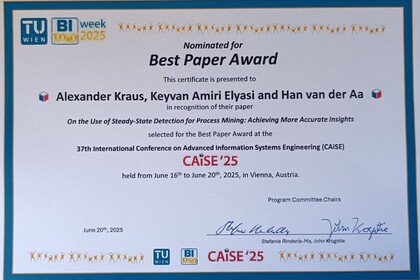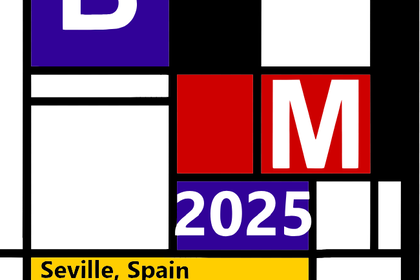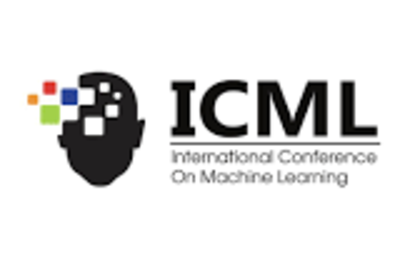Third-Party-Funded Research Projects
Members of the Data and Web Science Group are involved in the following third-party-funded research projects:
Projects of the Artificial Intelligence Group:
Advancing New Methodological Approaches to Measure Social Decisions: The Case of Eating in a Family Context
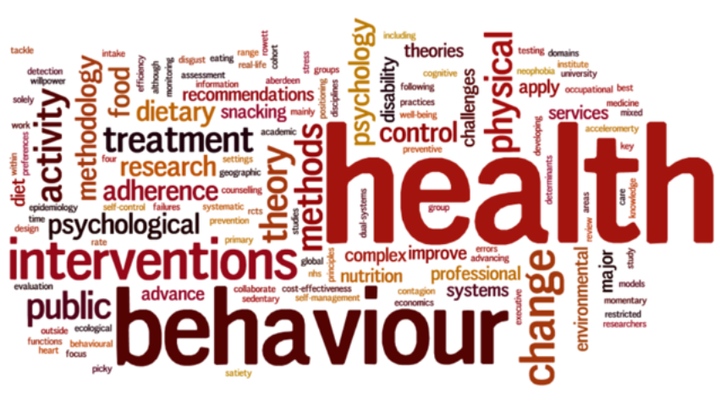
Social inequalities in health are a key challenge and can be largely traced back to social differences in health behaviors, such as food decisions. Food decisions are one of the key behaviors to preserve health and prevent chronic-degenerative diseases that are the major cause of death in Western countries. Yet surprisingly little is known about how, when, where, and by whom these food decisions are made. The goal of the proposed research project is to further develop and apply a multi-method approach which combines methods from informatics, sociology, and psychology to better understand everyday social decisions, using the example of family food-decisions. Developing such externally valid methods that take the social context into account is central to better understand inequalities in nutrition and health.
Duration: 2023 – 2024
Academic Partners: Chair of Health Psychology (Jutta Mata), Professorship for Social Data Science and Methodology (Florian Keusch)
Funded by: MZES
TransforMA: Technologie- und Wissenstransfer für die aktive Gestaltung von Transformationsprozessen
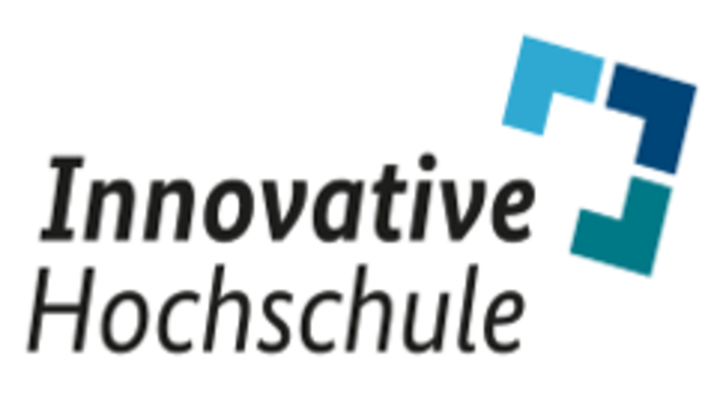

TransforMA consolidates existing transfer activities and networks of the participating universities and utilizes them as a catalyst for expanding connections between universities, industry, and society.
In the subproject 'Technology Demonstrators,' a demo apartment is set up to showcase the use of modern technologies to support daily life. The demonstrator by the University of Mannheim is being developed by the Chair of Artificial Intelligence and focuses on the topics of health and nutrition within the context of a demo kitchen.
Duration: 2023 – 2027
Academic Partners: Hochschule Mannheim
Funded by: BMBF
KISync – AI for integrated Supply Chain Optimization
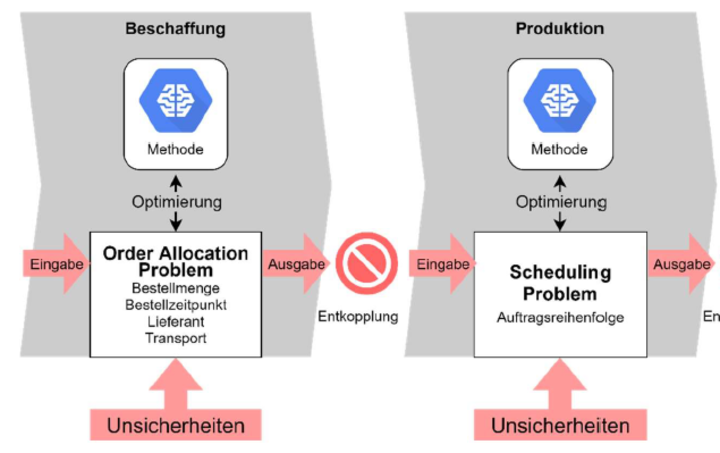
In the research project KISync, we aim to investigate how artificial intelligence (AI) methods need to be applied to synchronize the decision problems of various processes in operational supply chain planning under the influence of uncertainties. The focus will primarily be on the intra-company planning in competitive supply chains with limited information exchange. Another key aspect is the question of how AI can form synergies with humans to improve decision-making in complex situations in supply chain management and sustainably enhance cross-process data competence of humans.
Duration: 2022 – 2025
Academic Partners: Institut für Logistik und Materialflusstechnik (ILM), University of Magdeburg
Funded By: BMBF
BauKI – KI-basiertes System zur semantischen Klassifikation, Verknüpfung und Suche innerhalb einer Bauprojektdokumentation
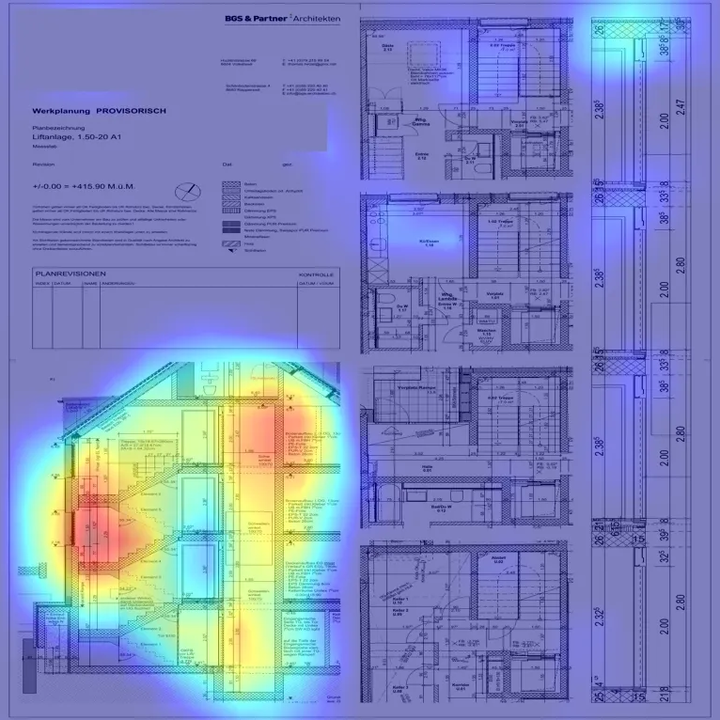
The goal of this project proposal is the development of an AI-based system for the semantic classification and tagging of all documents generated and accumulated during a construction project. These documents, including plans, will be aggregated into clusters and visualized according to their themes. By eliminating the need for manual categorization, tagging, and clustering of information, the error rate is significantly reduced, and efficiency is enhanced.
Duration: 2023 – 2024
Academic Partners: bwcon Research gGmbH
funded by: investBW
sMArt roots: Smart City Modellstadt Mannheim
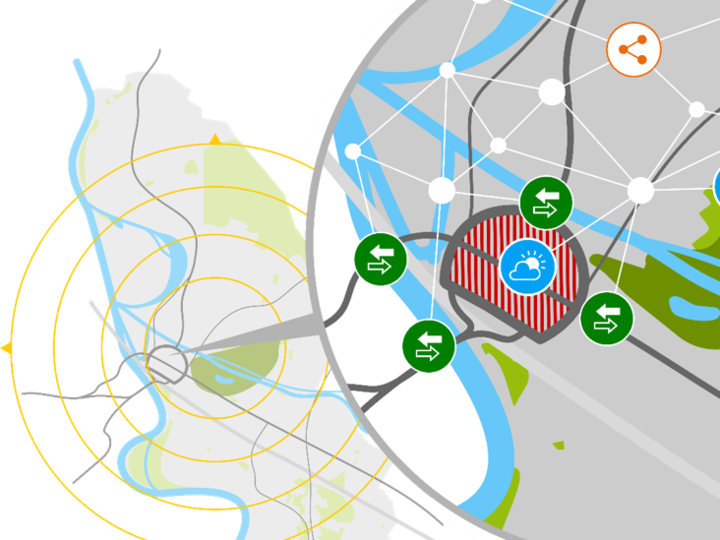
The Smart Cities model projects are aimed at supporting municipalities by enabling the strategic use of digitalization for integrated and sustainable urban development. The objective of this funding program is to develop and test cross-sector digital strategies for the city of the future. Mannheim is one of 73 cities that have convinced the Federal Ministry of Housing, Urban Development, and Building with the project proposal “sMArt roots.”
The focal point of the sMArt roots project is an agile process for the development and implementation of a validated and interconnected Smart City strategy for Mannheim. The project is divided into two phases: Phase A : Development of the Smart City strategy for Mannheim. Phase B: Model implementation of the developed Smart City measures.
Duration: 2022–2024
Academic Partners: Hochschule Mannheim
funded by: BMI
CAIUS: Consequences if AI Applications on Urban Societies
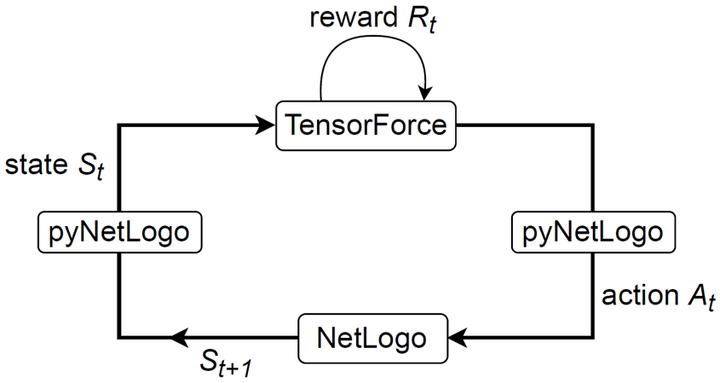
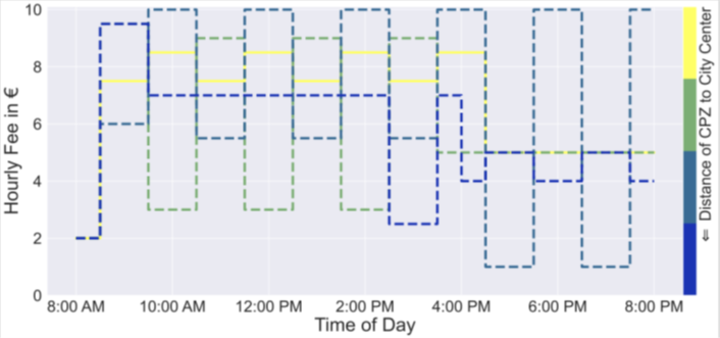
Consequences of AI for Urban Societies (CAIUS) is a joint research project by Ludwig Maximilian University Munich, University of Mannheim, and Hochschule Mannheim. CAIUS will help to identify unintended effects of AI systems in smart city contexts. AI systems help to efficiently allocate scarce public resources and are at the core of many smart city activities. Yet, the same systems may also result in unintended societal consequences, particularly by reinforcing social inequalities. CAIUS will identify and analyze such consequences.
Duration: 2019 – 2025
Academic Partners: LMU Munich, Hochschule Mannheim,
Funded by: Volkswagen Foundation
Projects of the NLP Group:
VAriable Detection, Interlinking and Summarization
Nowadays there is a growing trend in many scientific disciplines to support researchers by providing enhanced information access through linking of publications and underlying datasets. Open Science encourages scientific practices in which all research data is interlinked and contextualized to enhance reproducibility and reusability of research results. However, in practice, standards for referencing between primary text and the cited data and its variables are often missing. The goal of the VADIS project is to enable researchers to search for survey variables in context and thereby help to increase the reproducibility of research results.
We achieve this by combining text mining techniques and semantic web technologies that identify and exploit links between publications, their topics, and the specific variables that are covered in the surveys. These semantic links in scientific texts build the basis for the development of applications to give users better access to scientific literature such as passage search, summarization, and information retrieval.
Duration: 2021 – 2024
Academic Partners: GESIS, Stuttgart Media University, Fraunhofer Institute for Systems and Innovation Research ISI
Funded by: DFG, e-Research Technologies
UNCOVER: Uncovering ideological frames in political discourses
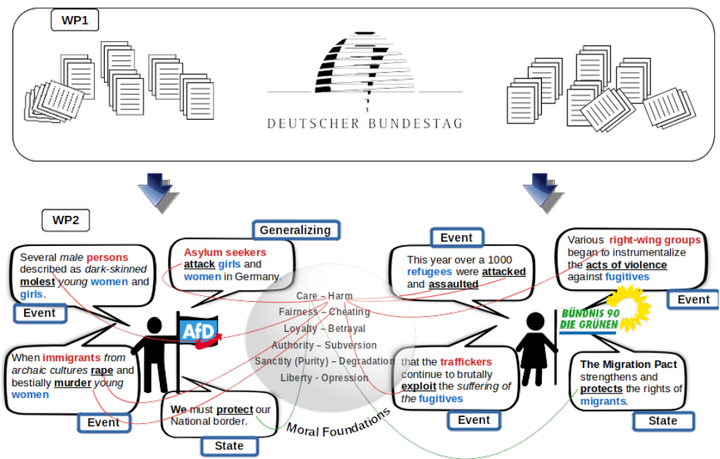
This project explores how the framing of entities in political text is being used to deliver ideological messages. We investigate how we can automatically acquire machine-readable and human-interpretable representations of ideological framing that capture overt and latent similarities across political actors. Our approach brings together ideas from the Narrative Policy Framework, Moral Foundations Theory and frame-semantic parsing. Specifically, we model ideological framing, based on entity-centric and topic-specific ideological frames, their participants and latent moral values. We then use our representations to investigate research questions focusing on frame and ideology coherence as well as the evolution of frames over time, based on a series of highly relevant case studies of contemporary German party politics.
Duration: 2023 – 2026
Funded by: DFG
Automatic detection of populist rhetoric in text
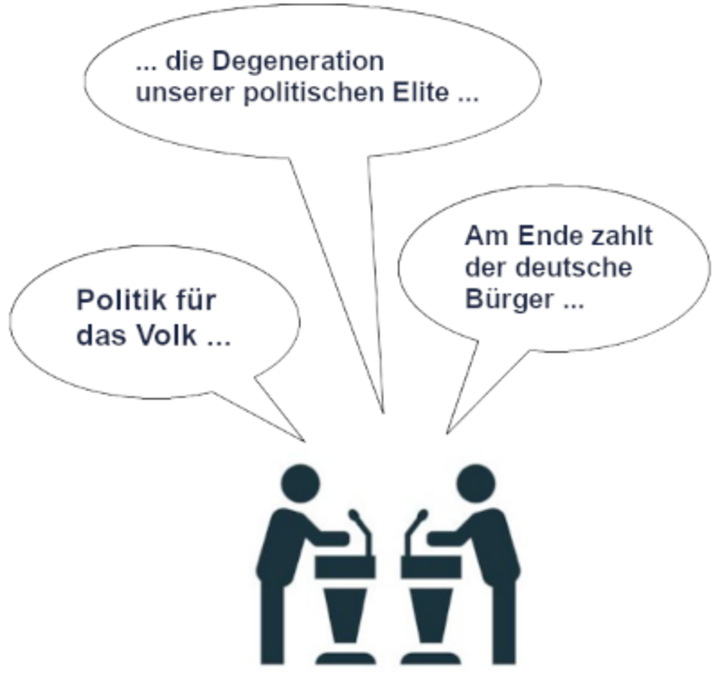
The rise of populism in Europe and throughout the world has been noted not only in politics and the media but has also been subject of many studies in political science and related areas. The concept of populism, however, is rather complex and vague and eludes strict definition. Therefore, we aim at laying the grounds for developing robust and reliable measures of populism, by combining insights from political science with quantitative text analysis and state-of-the-art Natural Language Processing (NLP) methodologies. To achieve this, we use information extraction techniques to identify the core protagonistis of populist rhetoric, i.e., mentions of the people (such as: Germans, tax payers, Muslims, Gabi Mustermann, etc.) and the elite (e.g., government, media, private sector, EU, politicians, intellectuals, ...). We then apply supervised machine learning techniques to disambiguate these mentions in context, leveraging additional information on subjective expressions and moral values, to model the concept of moralized politics. Aggregating over these informational dimensions will allow us to quantify the degree of populism for different speakers, parties, or media outlets.
Duration: 2022–2024
Academic Partners: MZES
funded by: RiSC Programm MWFK BaWü
Projects at the Web Data Mining Group:
Serving up-to-date Dynamic Knowledge Graph Embeddings
This project addresses the challenge of providing up-to-date embeddings for dynamic knowledge graphs (KGs) and ontologies. The goal is to develop a framework capable of periodically collecting new KG versions, computing embeddings and making them publicly available for further research.

Solutions for Automatic Improvement and Enrichment of Knowledge Graphs (LAVA)
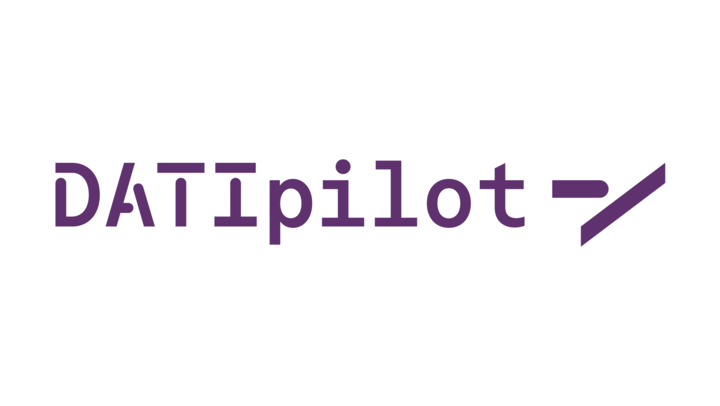
The aim of the LAVA research project led by Prof. Dr. Heiko Paulheim is to automatically create and improve knowledge graphs that are built into AI. The project is conducted in collaboration with the Karlsruhe-based company medicalvalues GmbH, with whom the group has already been cooperating since 2023 in a project for the AI-based detection of diabetes. Medicalvalues specializes in AI solutions for medical diagnostics in laboratories and clinics. In that domain, it is essential that the AI used is reliable and trustworthy. The aim of the project is to provide reusable, well-documented components for white box AI. White-box AI refers to models that make it transparent how decisions are made – for example, by using knowledge graphs that are also understandable for humans. Users can therefore understand what data a decision is based on – unlike with black-box models such as Chat GPT, where it is not possible to understand the answers.
KI-DiabetesDetektion
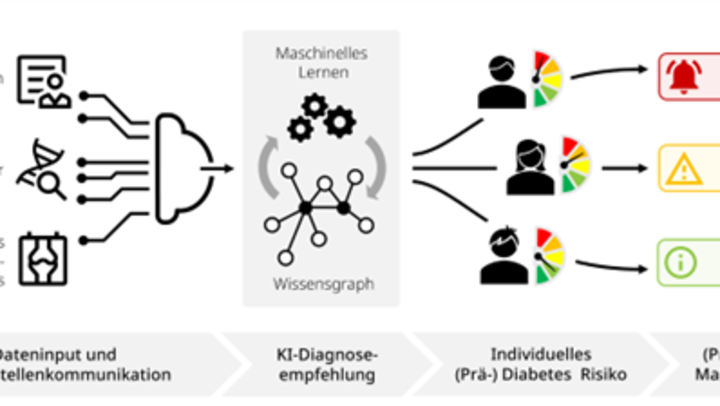
The goal of the KI-DiabetesDetektion project is to integrate indication data from various sources in a knowledge graph and apply machine learning methods to improve the early stage detection of Diabetes.
Data-driven Analysis of Hate Speech on German Twitter and the Effects of Regulation

In this project, we analyze the prevalence of hate speech on German Twitter using techniques such as natural language processing and network analysis. We will analyze and quantify the effect of the German Network Enforcement Act (NetzDG) on hate speech on Twitter, as well as consider recent changes, such as the takeover of Twitter by Elon Musk.
Project duration: 2023–2025
Funded by: German Foundation for Peace Research
Academic Partners: ZEW, Erasmus Universit Rotterdam
Projects at the Chair of Machine Learning:
ClimateVisions

Working with an inter-disciplinary project group, we investigate how climate change is discussed on social media. This includes image content classification, manipulation detection, and sentiment analysis.
Project duration: 2023–2025
Funded by: Federal Ministry of Education and Research (Bundesministerium für Bildung und Forschung), Co-funded by the European Union
Academic Partners: Technical University Munich
TrackOpt
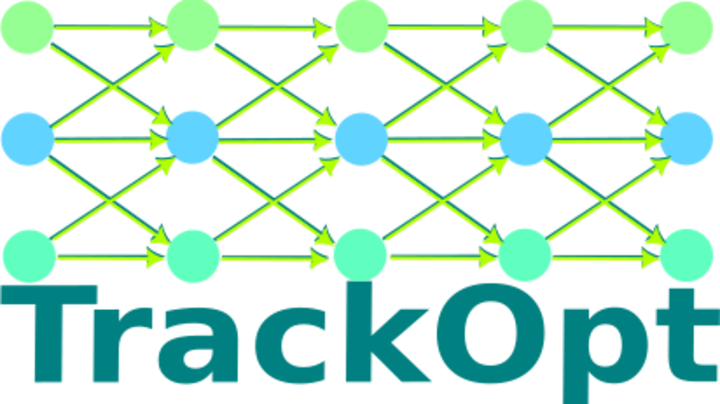
TrackOpt – Learning to Optimize Physically Constrained Sparse-to-Dense Point Tracking – funded by the BMBF (Federal Ministry of Education and Research)
The tracking of individually occurring points or dense point clouds is highly relevant in a variety of physical and biological problems. Such problems pose a variety of challenges for machine learning methods, since learning must be possible on the basis of often relatively small amounts of annotated training data that is often subject to measurement uncertainties. The aim of this project is to create an efficient method framework that enables new tracking problems to be flexibly integrated and reliably solved. Model-driven, potentially discrete optimization problems are integrated with deep neural networks so that the strengths of both approaches can be exploited. In particular, the integration of model-driven knowledge means that the planned framework can work in a very data-efficient manner. At the same time, learned networks are optimized to predict consistent solutions despite uncertainty and measurement inaccuracy.
Learning to Sense
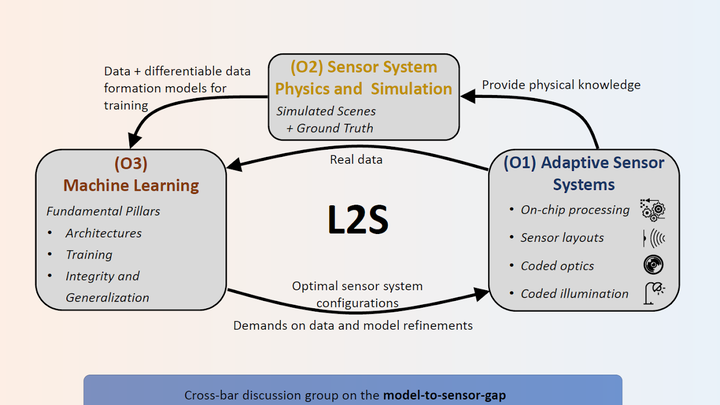
Learning to Sense – Jointly Optimizing Sensor System Designs and Neural Networks -
DFG Research Unit 5336
The Confluence of Machine Learning and Sensor System Development
The German Research Foundation (DFG) has selected L2S as one out of eight research units in Germany that conduct dedicated fundamental research on artificial intelligence along with an interdisciplinary partner field, in our case sensor system development. The project is situated at the Center for Sensors Systems (ZESS) at the University of Siegen, and builds upon more than 30 years of experience in the field of fundamental and application-oriented, interdisciplinary, research at ZESS. Margret Keuper, the Head of the Machine Learning Group at the University of Mannheim is an external PI.


